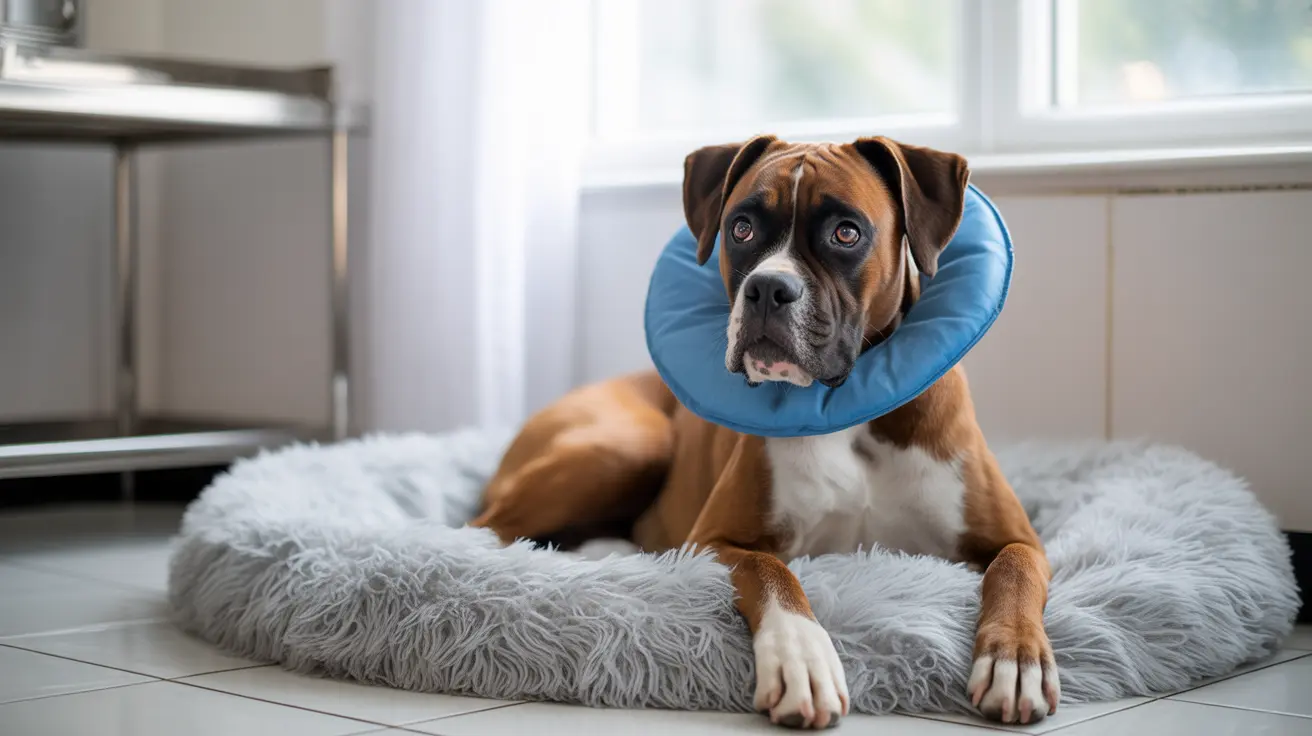If you're planning to have your male dog neutered, understanding the timeline for both the surgery and recovery process is crucial for proper preparation. From the actual procedure to the full recovery period, let's break down exactly what to expect when getting your dog neutered.
While the surgical procedure itself is relatively quick, the entire process involves several stages that require careful attention and proper aftercare to ensure your pet's successful recovery.
The Surgical Procedure: What to Expect
The actual neutering surgery is surprisingly brief, typically taking between 5 to 30 minutes to complete. The duration varies based on your dog's size, age, and whether there are any complications such as undescended testicles. Smaller, younger dogs usually require less surgical time compared to larger or older dogs.
However, the total time spent at the veterinary clinic will be much longer – usually 6 to 7 hours. This includes:
- Pre-surgical examination
- Anesthesia administration
- The surgical procedure
- Post-operative monitoring
- Initial recovery time
Pre-Surgery Preparation
Your veterinarian will provide specific instructions before the surgery, which typically include:
- Withholding food for 8-12 hours before surgery
- Maintaining regular water access until the morning of surgery
- Arriving at the clinic early in the morning
- Bringing current medical records and vaccination history
Post-Operative Recovery Process
The complete recovery timeline after neutering typically spans 10-14 days. Here's what to expect during this period:
First 24 Hours
- Limited movement and activity
- Grogginess from anesthesia
- Possible mild discomfort
- Close monitoring required
Days 2-7
- Increasing alertness and energy
- Continued activity restriction
- Medication administration as prescribed
- Daily incision monitoring
Days 8-14
- Continued healing
- Gradual return to normal activity
- Potential suture removal (if non-dissolvable)
- Final veterinary check-up
Essential Aftercare Guidelines
Proper aftercare is crucial for a successful recovery. Key requirements include:
- Keeping the surgical site clean and dry
- Preventing licking or scratching (using an E-collar)
- Restricting exercise and rough play
- Monitoring for signs of infection or complications
- Following all medication schedules
Signs of Normal vs. Abnormal Recovery
Understanding what's normal and what isn't during recovery helps ensure your dog's safety. Normal signs include:
- Mild lethargy for 24-48 hours
- Slight redness around the incision
- Decreased appetite for 24 hours
- Mild discomfort
Contact your vet immediately if you notice:
- Excessive bleeding or swelling
- Pus or discharge from the incision
- Fever
- Persistent pain or lethargy
- Reopening of the surgical site
Frequently Asked Questions
How long does the neuter surgery for a male dog typically take from start to finish?
The surgical procedure itself typically takes 5-30 minutes, but the entire veterinary visit, including preparation and recovery, usually lasts 6-7 hours.
What is the usual recovery time after neutering, and when can my dog resume normal activities?
Full recovery typically takes 10-14 days. Normal activities can usually resume gradually after the two-week mark, following veterinary approval.
How should I care for my dog's incision and behavior during the two-week recovery period after neutering?
Keep the incision clean and dry, use an E-collar to prevent licking, restrict physical activity, and monitor the surgical site daily for signs of infection or complications.
What signs of complications should I watch for after my dog has been neutered?
Watch for excessive bleeding, swelling, discharge, strong odors, fever, lethargy lasting more than 48 hours, or reopening of the surgical site.
How does recovery time for neutering compare between puppies and older or larger dogs?
Puppies typically recover faster, often within 7-10 days, while older or larger dogs may need the full 14 days or slightly longer for complete healing.
Remember, while neutering is a routine procedure, following your veterinarian's instructions carefully and maintaining proper aftercare are essential for your dog's successful recovery.






